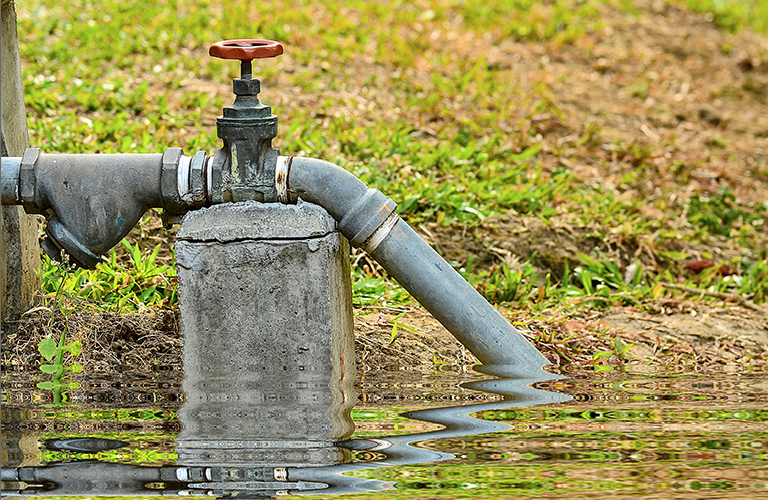
On May 12, 2017, the U.S. District Court for the Middle District of Georgia issued a decision concluding that the federal Clean Water Act (CWA) applies to claims involving the discharge of pollutants to groundwater that it is hydrologically connected to surface waters. In Flint Riverkeeper, Inc. v. Southern Mills, Inc., the district court denied the defendant’s motion to dismiss the plaintiffs’ citizen suit alleging violations of the CWA as a result of discharges of industrial wastewater from a land application system (LAS) operated by the defendant dyeing and finishing facility in Molena, Georgia. The plaintiffs alleged, among other things, that the defendant’s industrial wastewater seeps underneath the spray fields of the LAS without sufficient treatment and enters surface waters indirectly through groundwater that has a direct hydrological connection to the surface waters. In denying the defendant’s motion to dismiss, the district court concluded that the CWA prohibits the discharge of pollutants that reach surface waters through hydrologically connected groundwater.
The ruling in Southern Mills is the latest in a recent string of federal court cases reaching differing conclusions regarding whether the CWA applies to discharges to groundwater with a hydrologic connection to surface waters (see SGR’s April 5th and April 26th newsletters for a discussion of the prior decisions). Given the conflicting decisions, it is very likely that federal appellate courts, and perhaps the U.S. Supreme Court, will further address the CWA-groundwater pathway issue in the near future.
For more information about the Clean Water Act or groundwater discharge issues, please contact Andy Thompson. For a copy of the district court’s decision in Southern Mills, click here.

